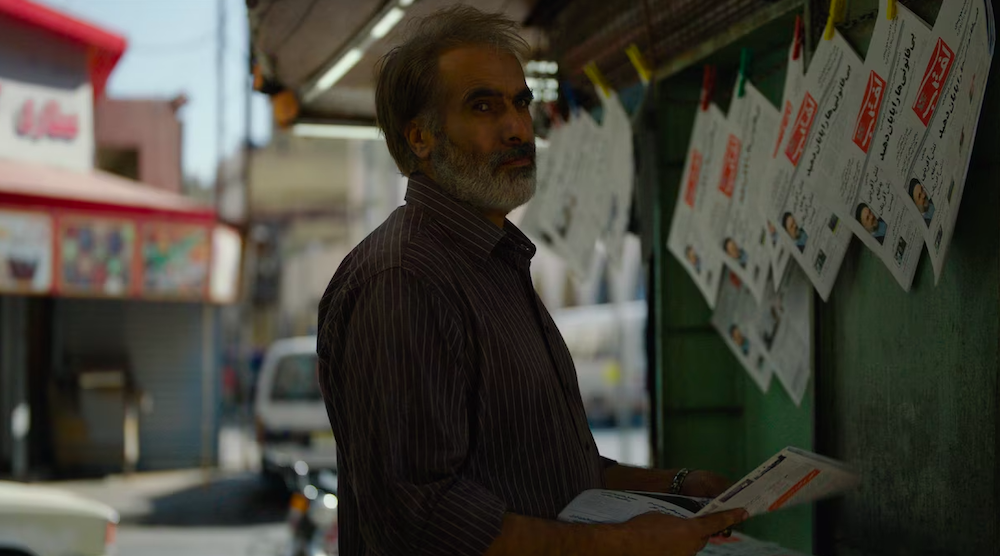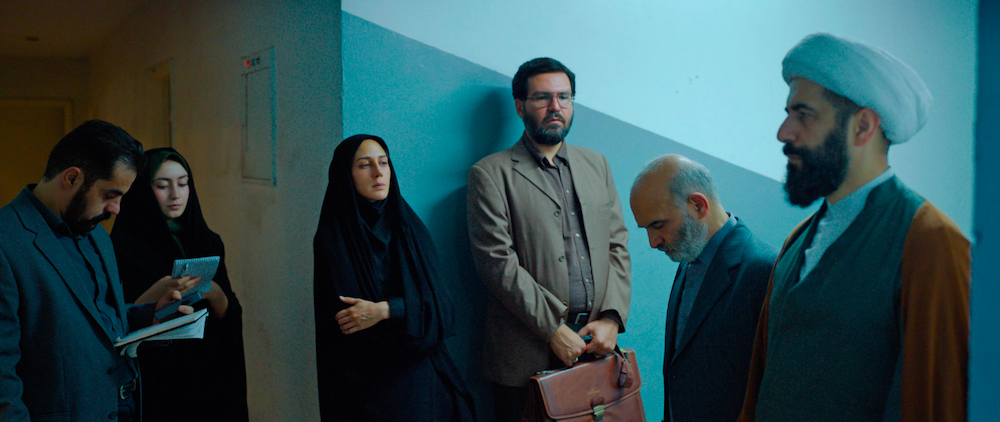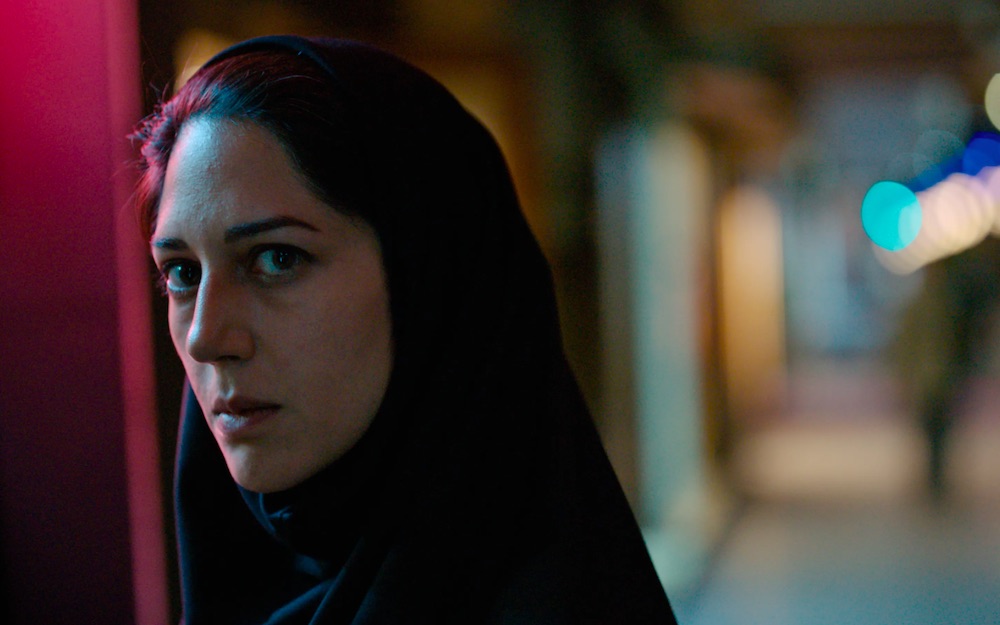Directed by Ali Abbasi, ‘Holy Spider’ is an Iranian crime thriller that follows the story of a journalist, Arezoo Rahimi, who embarks on an investigation to uncover the identity of a serial killer terrorizing the streets of Mashhad. She deals with sexism and misogyny while trying to do the job that the authorities don’t seem interested in because the victims are all sex workers. Meanwhile, the serial killer, a normal family man on the outside, goes about his killing spree, believing that he is doing god’s work.
The film presents a harrowing account of how society’s collective mindset can play into the actions of one individual and claim many lives. What makes it even more terrifying is that the film is based on real events.
Holy Spider Presents the Terrifying Reality of Serial Killer Society
Yes, ‘Holy Spider’ is based on the true story of a serial killer, Saeed Hanaei, who was suspected of killing 19 sex workers between 2000 and 2001. With no remorse for his actions, Hanaei said: “I killed the women for the sake of God and for the protection of my religion because they were prostitutes and (were) corrupting other people. I wouldn’t have bothered even if I had killed 150 women because I wanted to clean the holy city of Mashhad from corrupt women and prostitutes.”

Hanaei was a family man with three children and worked as a building contractor. In the evenings, he would go out, searching for his victims, bring them to his home, and then strangle them with their headscarves. He disposed of the bodies in open areas. When arrested, he received sympathy from a section of society who believed he was innocent. Jomhuri Islami, a conservative newspaper, wrote: “Who is to be judged? Those who look to eradicate the sickness or those who stand at the root of the corruption?” One of Hanaei’s friends reportedly said, “He did the right thing. He should have continued.”
When Ali Abbasi set out to make a film about the killings, he decided not to take the usual approach of a serial killer movie. Instead, he wanted to focus on “serial killer society,” highlighting the practices that lead men like Hanaei to claim the righteousness of their actions. “We thought the more interesting story came from asking: What kind of society, setting, and characters would encourage his behavior? Where does this thinking flourish? As a result, the script transformed from a story about a serial killer to a story about a serial killer society,” the director said.
Abassi added the character of Arezoo Rahimi to focus on a larger picture and how women are seen in a conservative society. Actress Zar Amir Ebrahimi, who plays Rahimi, brought her own experience as a young woman in Iran to the table and reflected them in portraying the character. “The most important thing I brought to this character when I took the role, I think, was my [physical] weakness. I just found a balance between the way she should be determined and the way she is weak in this society, and she is fighting for something that maybe will never happen. With every step she takes, there is a problem with everyone in this society. It seems exaggerated, but it is like this [in Iran],” Ebrahimi said.

In one scene, Rahimi checks into a hotel where she is asked to cover her hair properly. While the film was made before it happened, the scene resounds with the real-life story of Mahsa Amini, who was arrested for wearing her hijab “improperly” and died in police custody after being severely beaten by the Guidance Patrol. “This is not discrimination against women; it is a sign of a well-organized system. The Islamic Republic of Iran cannot exist without the oppression of women. They can’t reform that. When the regime can no longer oppress women, it will collapse,” Abbasi said, reflecting on the political nerve that his film touches.
While the film has been celebrated on international platforms, it has received pushback from Iran, with the cast and crew receiving death threats, among other forms of bullying and harassment. For Abbasi, however, it was important to make a film out of the censorship of Iran and present a disturbing reality as it is. “For me, the case of the serial killer crystallizes a lot of what is wrong in Iranian society. Saeed Hanaei is a very different kind of denouement. When he is convicted of murdering 16 women, it triggers an aftershock. The man is celebrated by the public. There is an idea of justice that made me sit up and take notice. No one has looked at the different levels revealed in the worship of the killer,” he said.
For Ebrahimi, the film and the protests that have been going on in Iran reflect each other in a fractured society. “I see the movie in a different way, even my character, and when I see these women just fighting for their freedoms and risking their lives with men in the streets of Iran, it’s like this character became the reality of society,” she said. So, even though the film takes some creative liberties and fictionalizes some aspects of the story, it remains true to the case and is rooted in the reality of oppressive societies.
Read More: Best Iranian Movies


You must be logged in to post a comment.